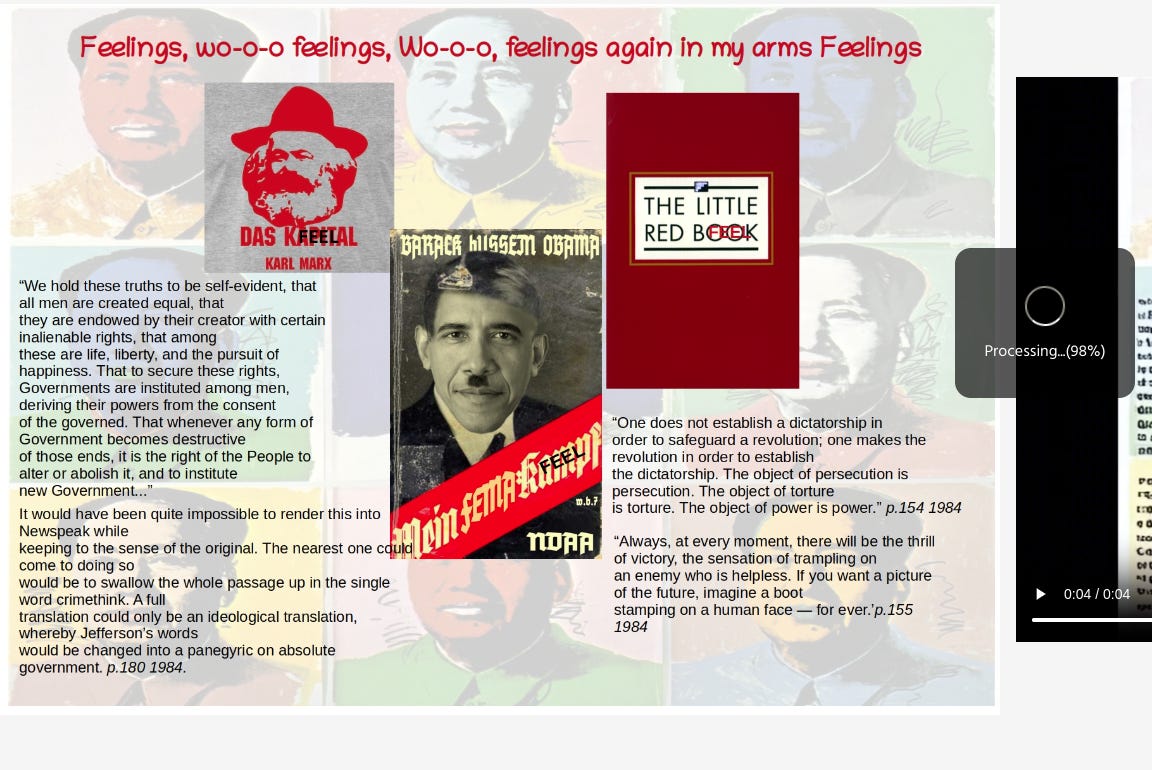The Stockholm Syndrome Paradox
Confidential MemorandumFrom: Peter Thiel . #Conspiracy Faction #Satire.
Confidential Memorandum
From: Peter Thiel
To: 2025 Bilderberg Steering Committee & Attendees
Subject: Rebuttal to Grub Street in Exile’s “Host of Despicable Truths” & Action Items
The Stockholm Syndrome Paradox
Lewis’s critique of “geopolitical Stockholm Syndrome”5 – nations clinging to dollar hegemony – ignores market realities. The petrodollar system, while Bilderberg-adjacent in origin5, persists because alternatives (e.g., BRICS currencies) lack equivalent stability. Similarly, the 2025 focus on “quantum financial systems”4 responds to grassroots decentralized finance movements, not dictates from Grand Hotel meeting rooms.
Innovation as Liberation
The blog’s focus on 20th-century power dynamics underestimates 21st-century forces:
AI Growth Zones (AIGZs): Framed as “Strategic Hubs for Infinite Taxbreaks”4, these could equally enable startups to bypass legacy regulations
Climate policy: Carbon credit systems, while prone to elite capture, emerged from public scientific consensus – not Bilderberg scheming
Digital ID debates: Lewis’s vaccine-era concerns about nanotechnology5 clash with blockchain developers’ open-source privacy solutions
In this reading, the true “unseen hand” isn’t a closed-door elite but the market’s relentless drive to solve problems that governments and NGOs cannot. As the 2025 protesters at Gustav Adolfs Torg demand transparency4, Thiel’s rumored Mars colony banking charters4 suggest power is escaping Earth’s gravity – and traditional critique frameworks – entirely.
Rebuttal to Key Allegations
1. “Elite Conspiracy vs. Necessary Coordination”
The author’s fixation on “despicable truths” misunderstands the necessity of confidential dialogue among stakeholders. The Bilderberg Meetings are not a cabal but a force multiplier for aligning Western strategic interests. Hume’s “conspiracies” were survival mechanisms for fragile states; ours are efficiency tools for a multipolar world.
2. Petrodollar Hegemony & “Geopolitical Stockholm Syndrome”
The petrodollar system stabilized post-1973 chaos, and its evolution into carbon credits and CBDCs is not exploitation but innovation. Nations adopt these systems voluntarily—they are free to choose stagnation, as some do. Jens Stoltenberg’s leadership exemplifies continuity, not nepotism.
3. Technocratic Feudalism
The claim that “stakeholder capitalism” is digital-era vassalage ignores reality: AI and quantum finance democratize access to capital. Neural lace tech and space-based assets (e.g., SpaceX’s Starlink) will liberate humanity from terrestrial resource limits. Those who fear this are Luddites.
4. “Fiction of Meritocracy”
Curating leaders like Macron or Thatcher isn’t nepotism—it’s talent-spotting. The alternative is populist chaos (see: 2016–2024). The author’s nostalgia for “grassroots activism” is charming but irrelevant in an era of existential threats (climate, AI, pandemics).
Action Items for Attendees
Jens Stoltenberg (NATO):
Draft a white paper reframing “geopolitical Stockholm Syndrome” as voluntary burden-sharing.
Coordinate with Lloyd Austin (U.S. Defense) on NATO-AI integration for hybrid warfare.
Larry Fink (BlackRock):
Accelerate ESG-linked CBDC pilots in EU “climate neutrality” zones. Carbon credits must be tradeable by Q3 2026.
Partner with Christine Lagarde (ECB) to marginalize gold-backed BRICS currencies.
Daniel Ek (Spotify):
Develop an AI-driven “trust metric” to flag anti-technocratic content (Grub Street–style rhetoric). Demo at Davos 2026.
Elon Musk (SpaceX/Tesla):
Finalize Starlink’s orbital payment layer for asteroid mining contracts. Ensure ITU compliance to block Chinese claims.
Brief committee on Neuralink’s CBDC biometric trials in Rwanda.
Ursula von der Leyen (EU Commission):
Fast-track the Digital Services Act’s Article 44a: mandatory AI oversight for all EU media by 2027.
Leak a “counter-narrative” study linking anti-Bilderberg sentiment to Kremlin disinfo.
Closing
The Grub Street post is a useful stress test of our transparency facade. Its author mistakes necessary discretion for tyranny. Our task is not to placate fringe skeptics but to accelerate the transition to post-national governance. As Schumpeter observed: Creative destruction is not a flaw—it is the system’s finest feature.
Stay the course.
P.T.
Confidentiality Note: This memo falls under Chatham House Rule. Violators will be uninvited from 2026’s meeting (Venice).
Technocrats Have TAKEN CONTROL Of The Trump Administration!
The Jimmy Dore Show Video.
Peter Thiel, a pivotal architect of Silicon Valley’s tech-driven futurism, has emerged as a vocal proponent of the One Big Beautiful Bill’s (BBB) AI moratorium, framing it as a necessary “amnesty” against fragmented state regulations that he argues stifle innovation. The bill’s Section 43201—which bars states from enacting AI-specific regulations for a decade—aligns with Thiel’s long-standing advocacy for unfettered technological advancement, as seen in his investments in Palantir, Anduril, and neural interface startups23. Thiel contends that decentralized AI rules create a “patchwork of compliance chaos,” hindering breakthroughs in defense, healthcare, and quantum computing. Critics, however, warn the provision erodes states’ rights while funneling federal AI contracts to firms like Palantir, which secured a $480 million Army AI contract weeks before the bill’s introduction23. For Thiel, the BBB represents a strategic victory: insulating AI development from democratic oversight while accelerating public-private partnerships that prioritize scalability over ethical guardrails14.










